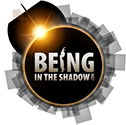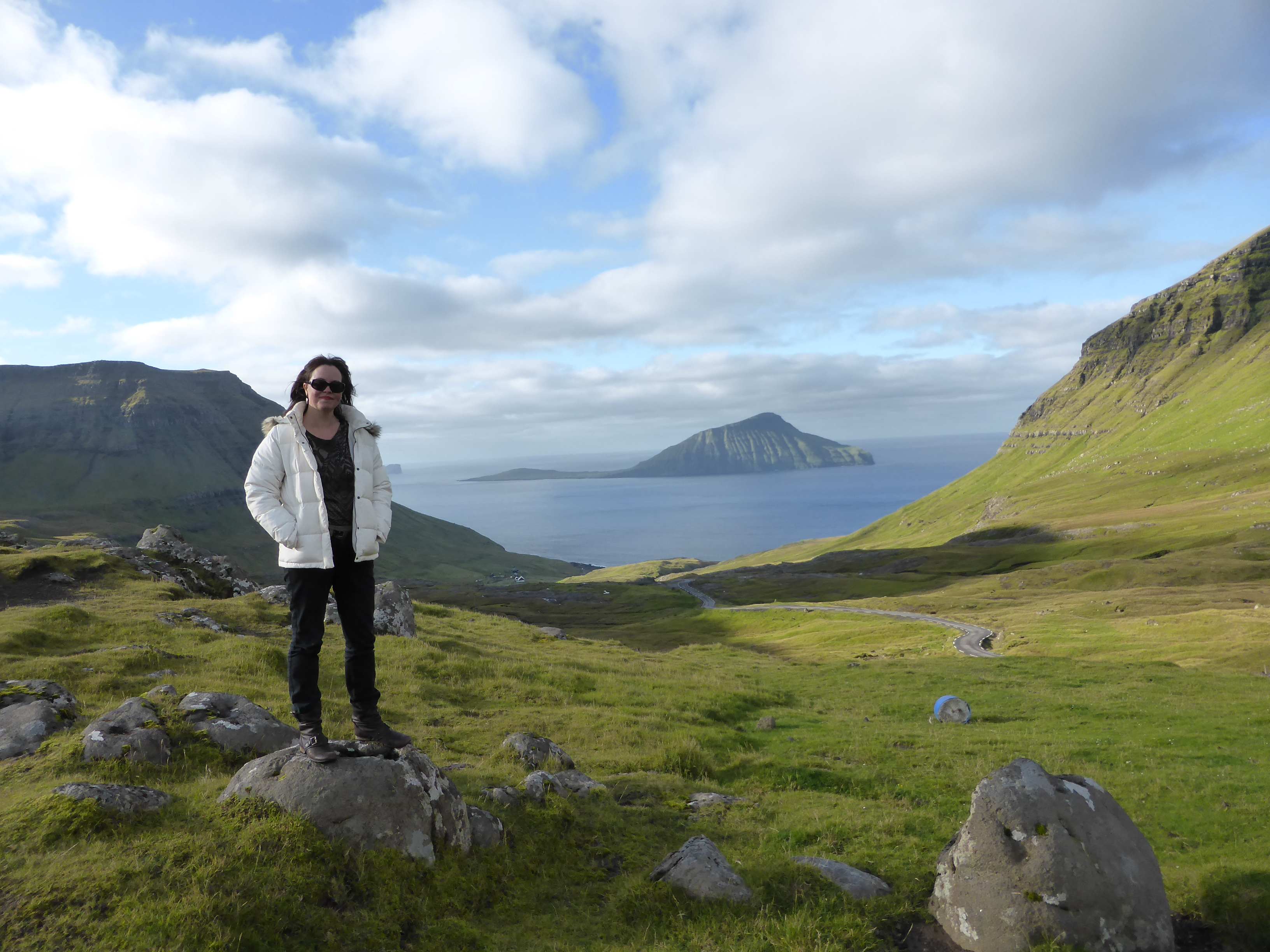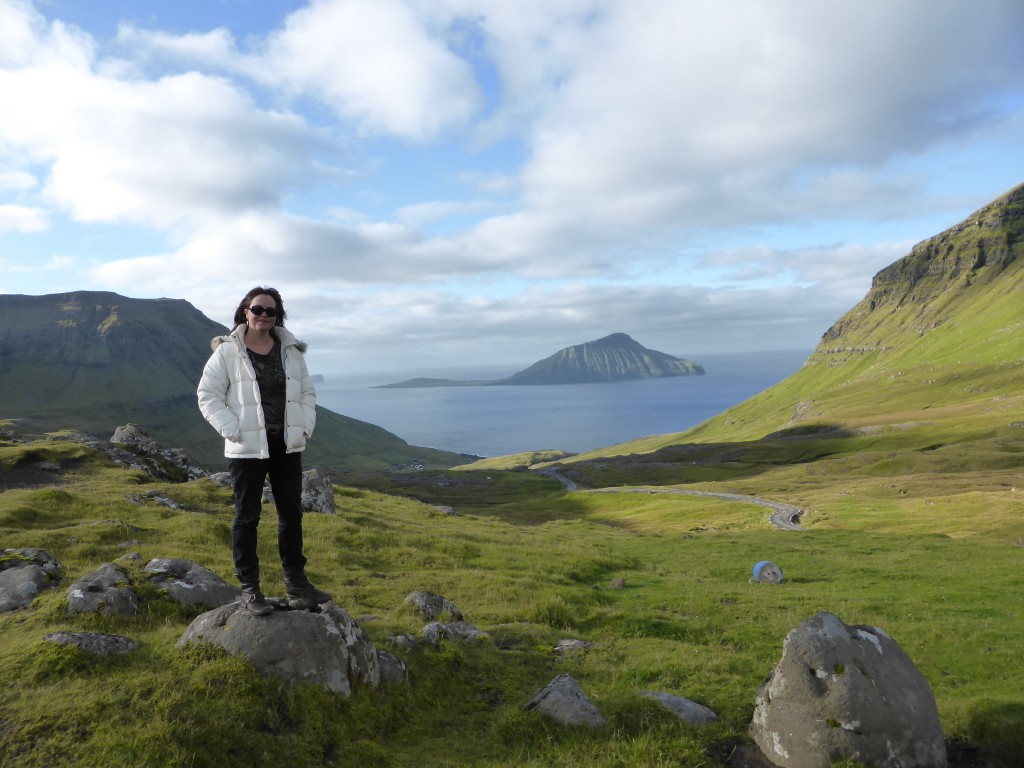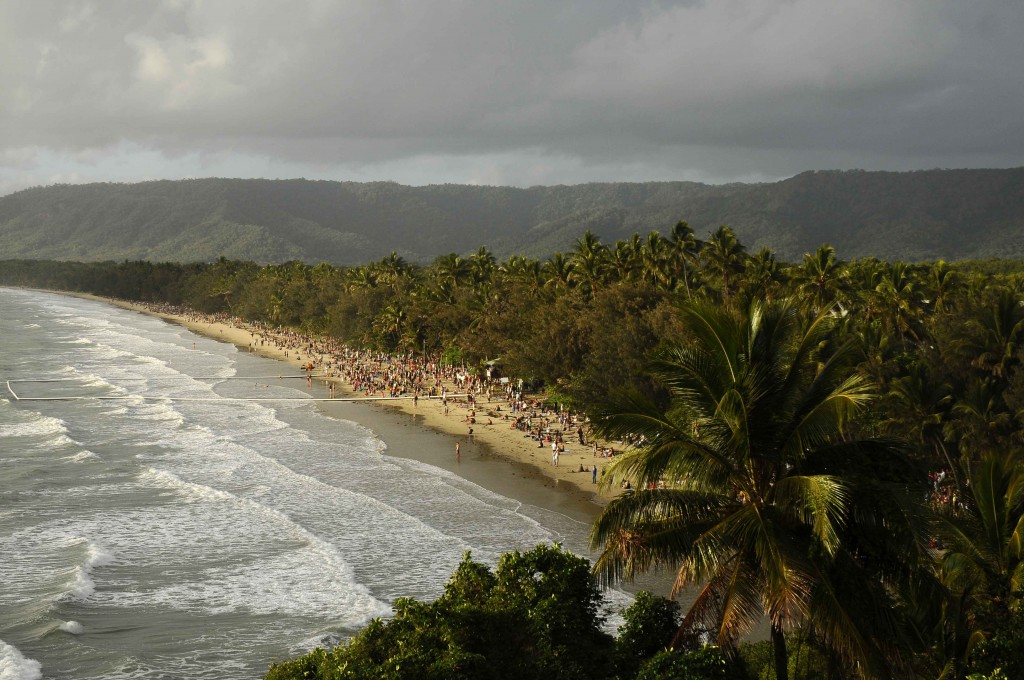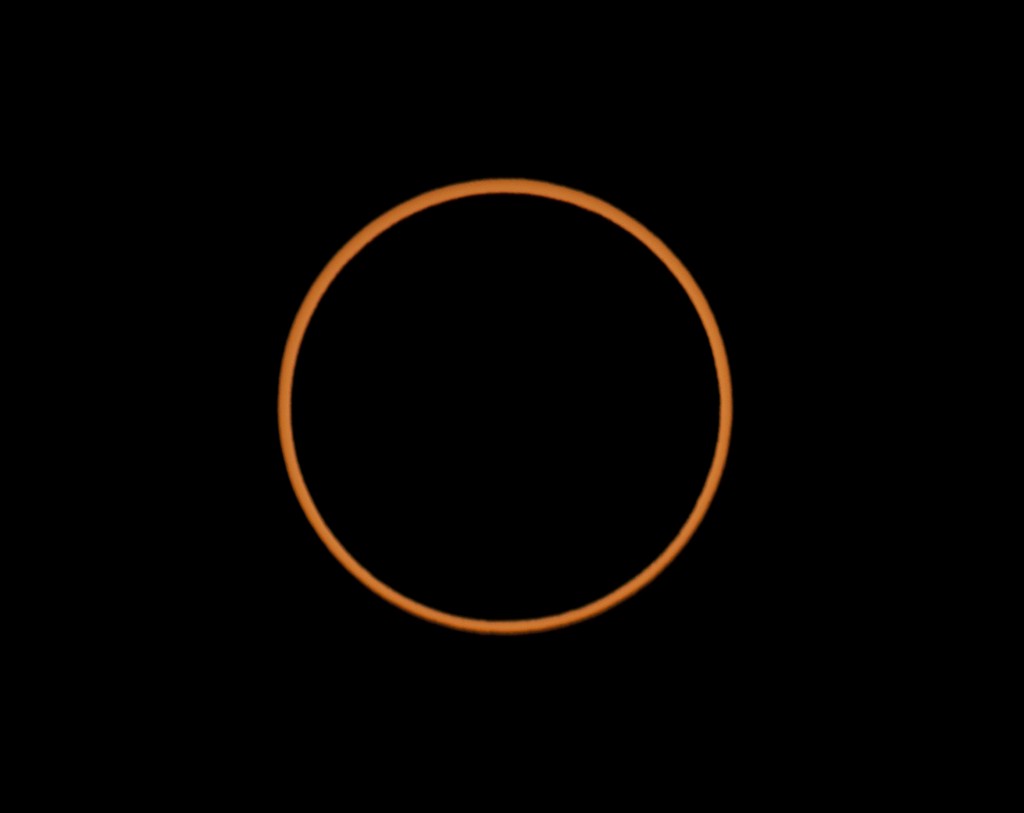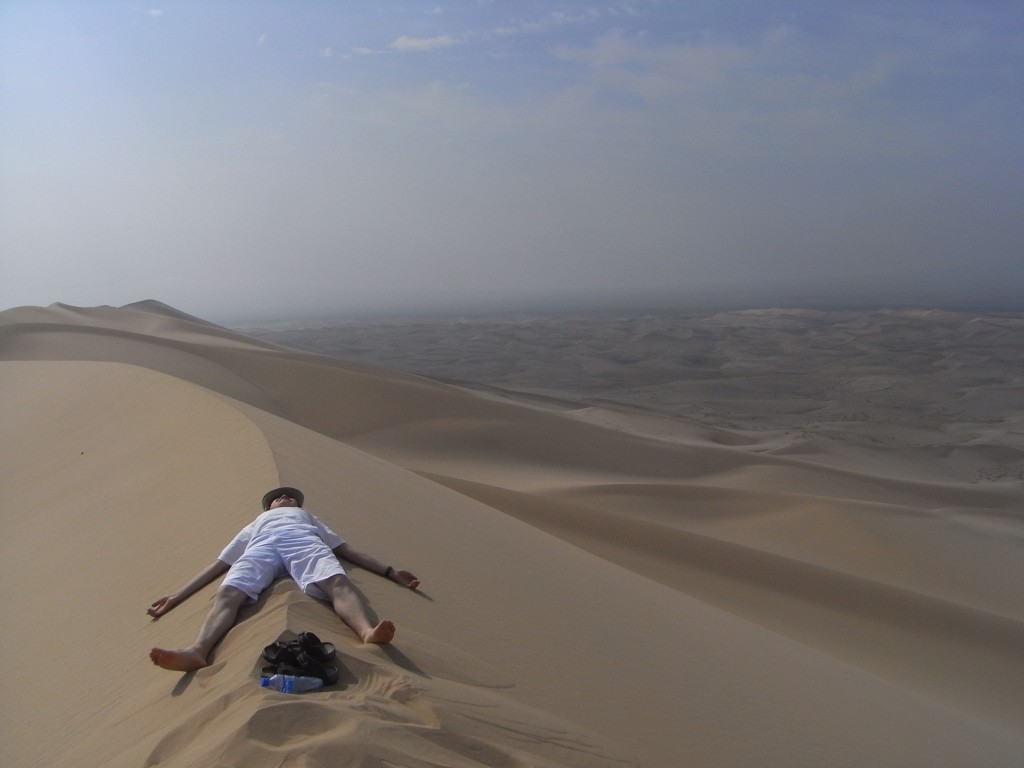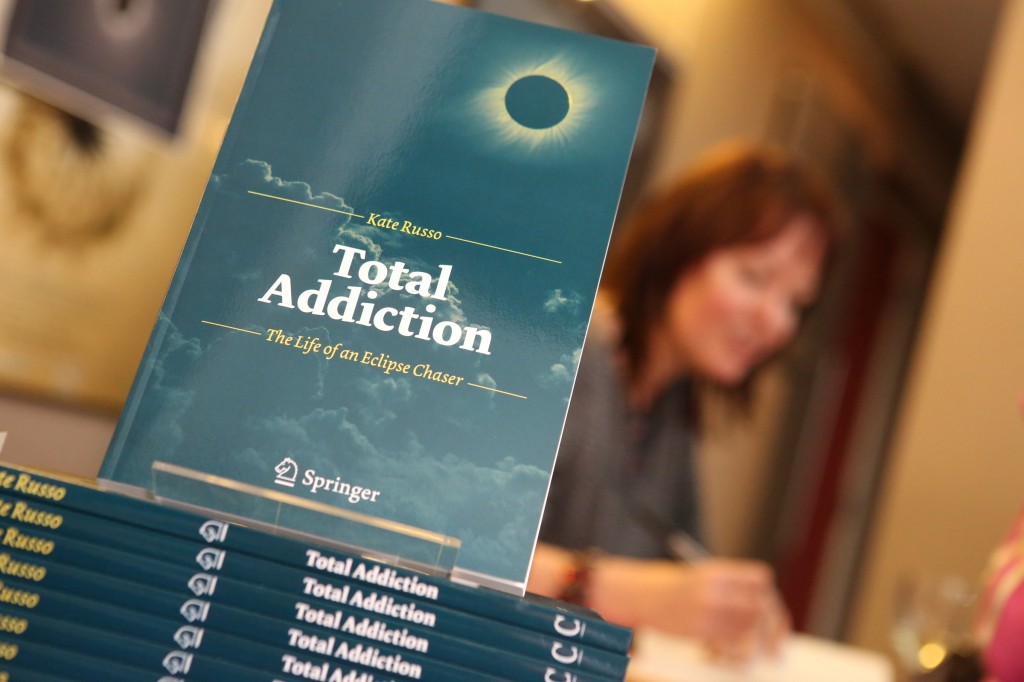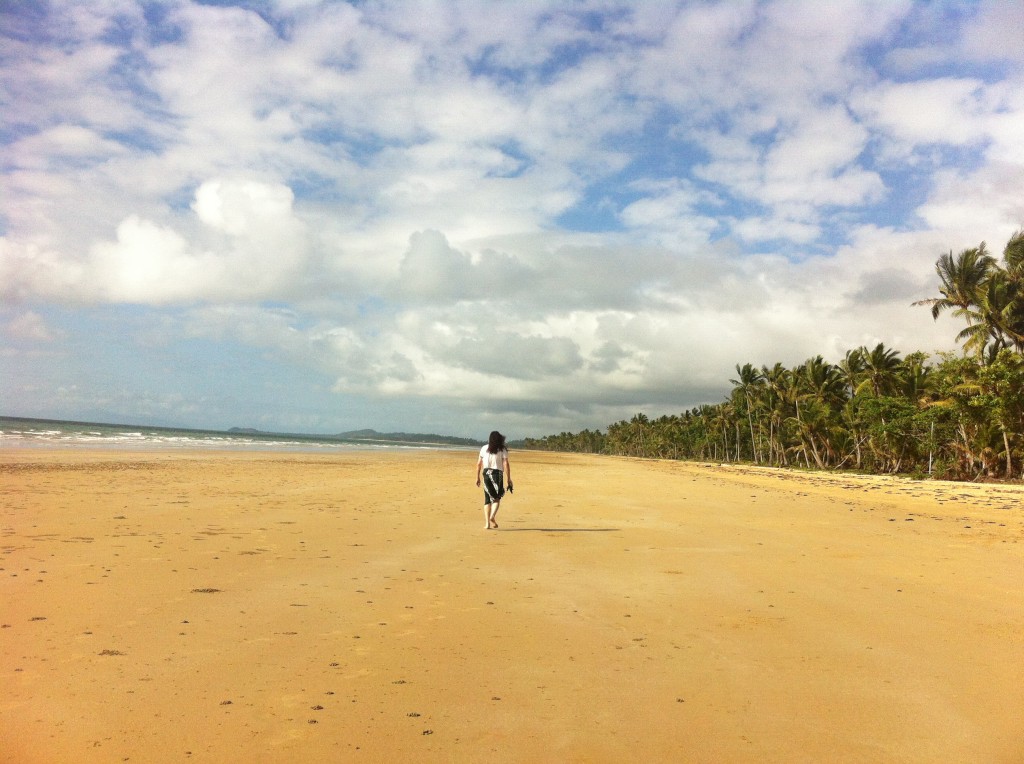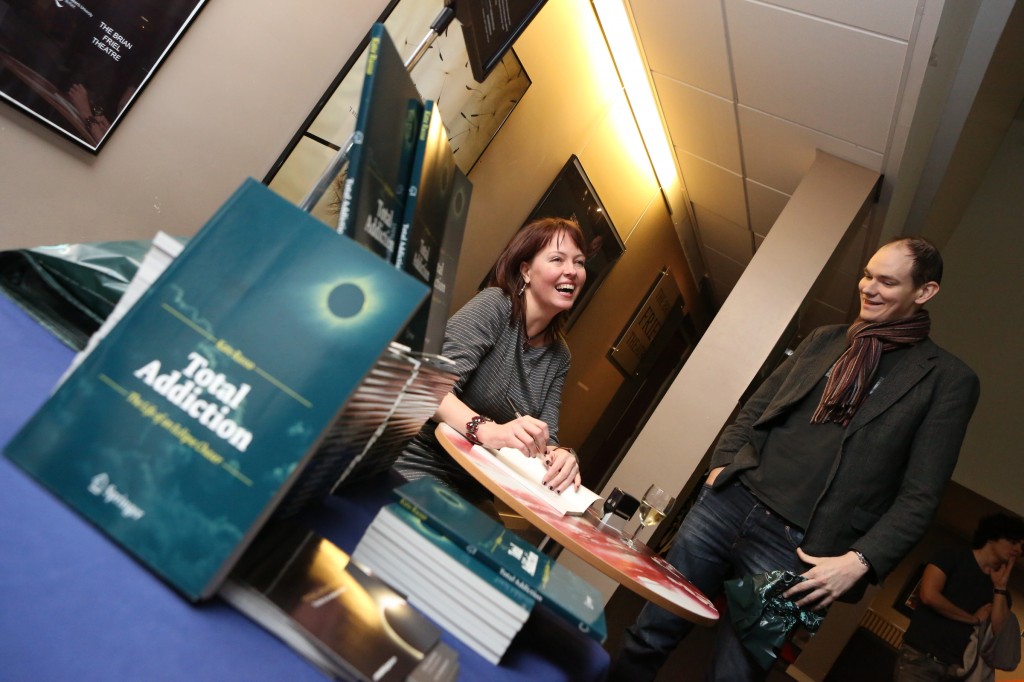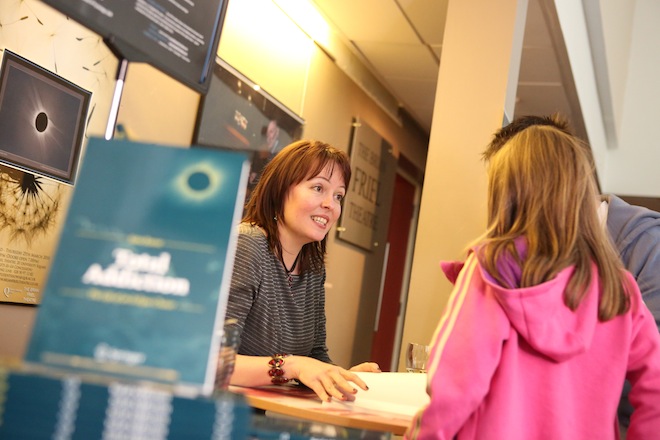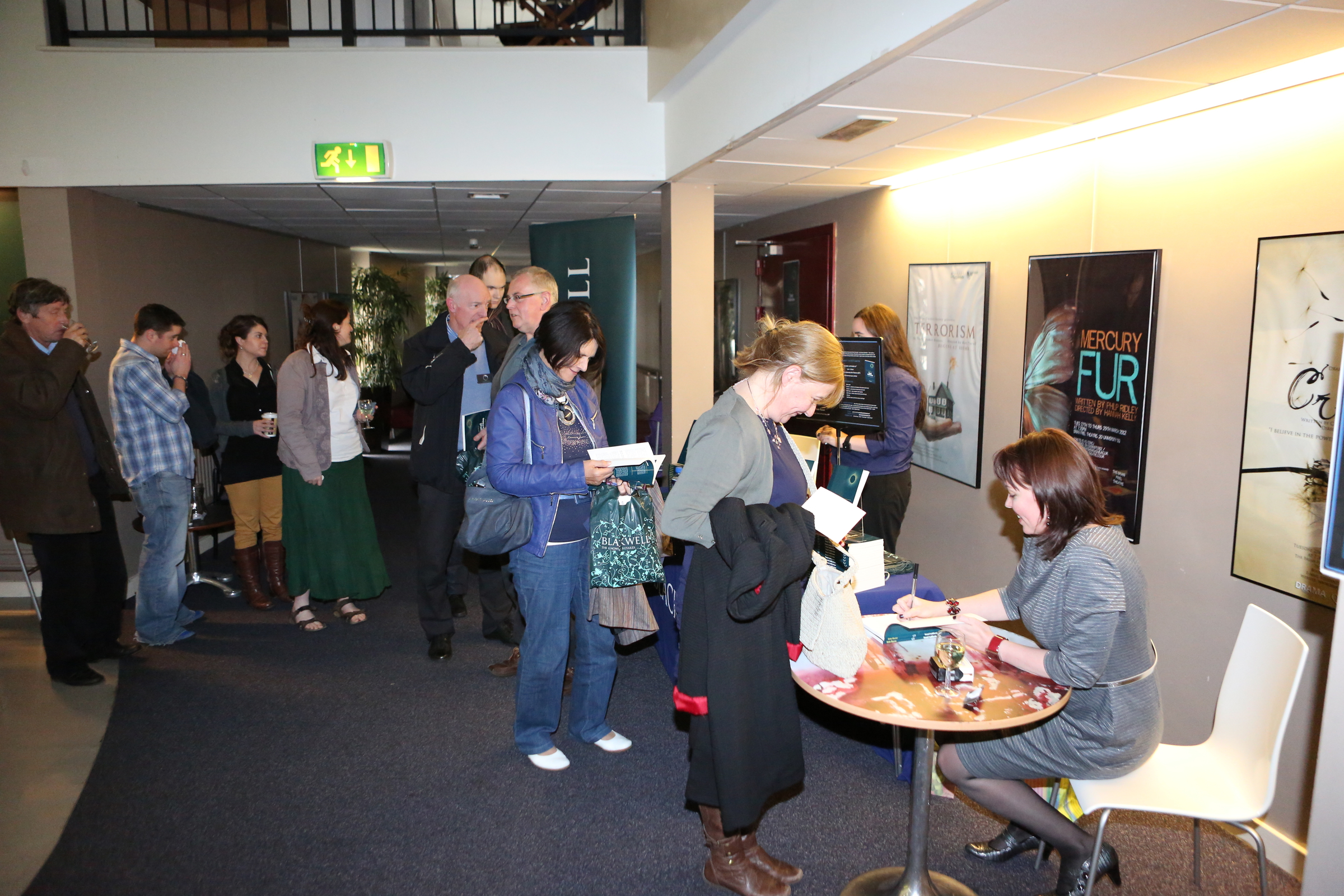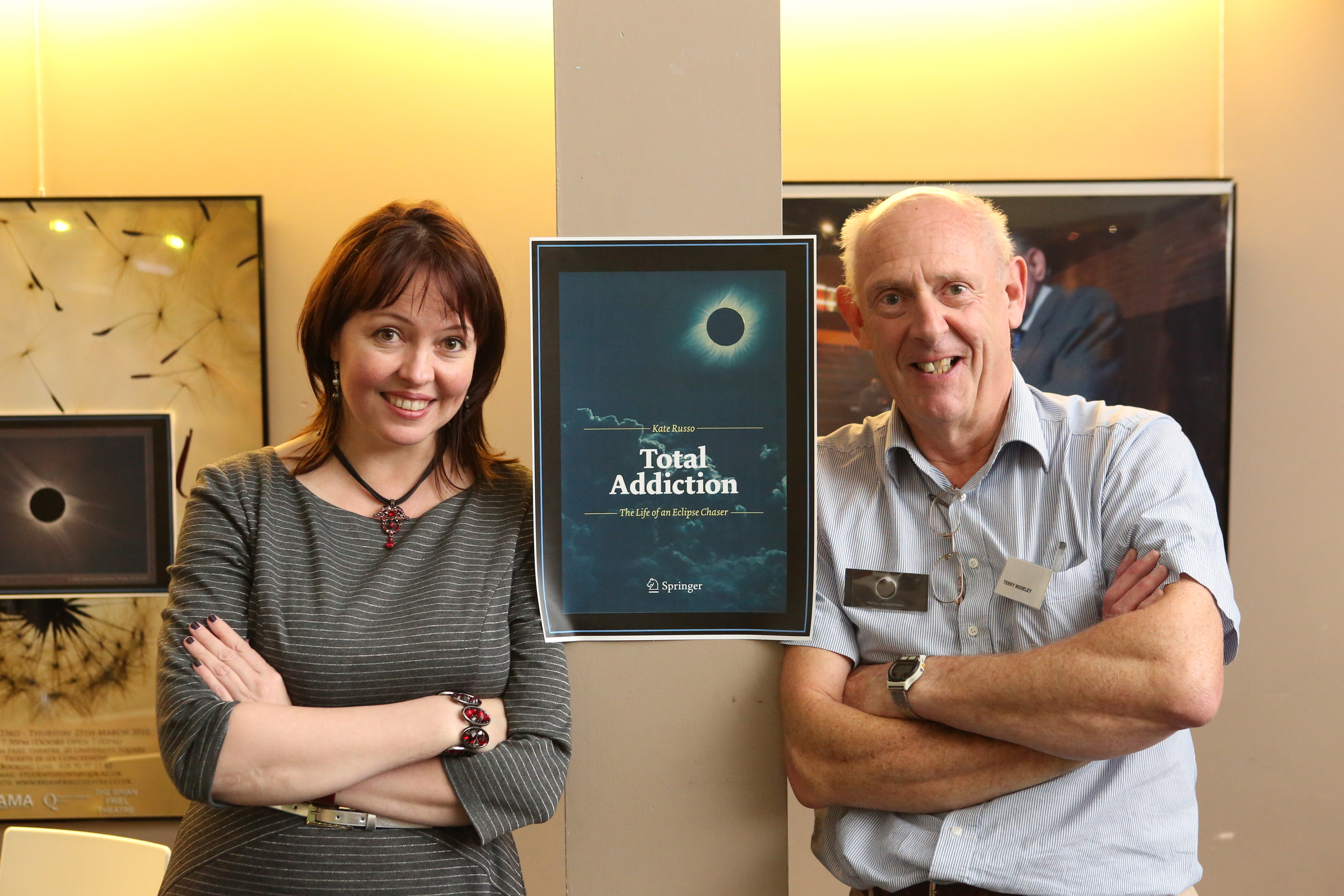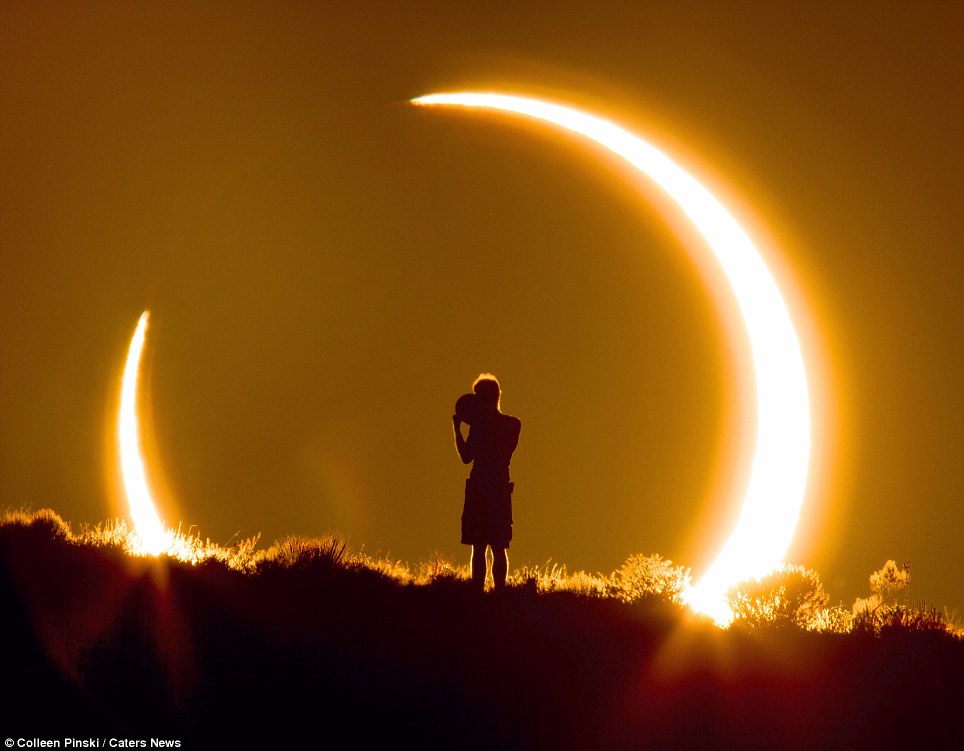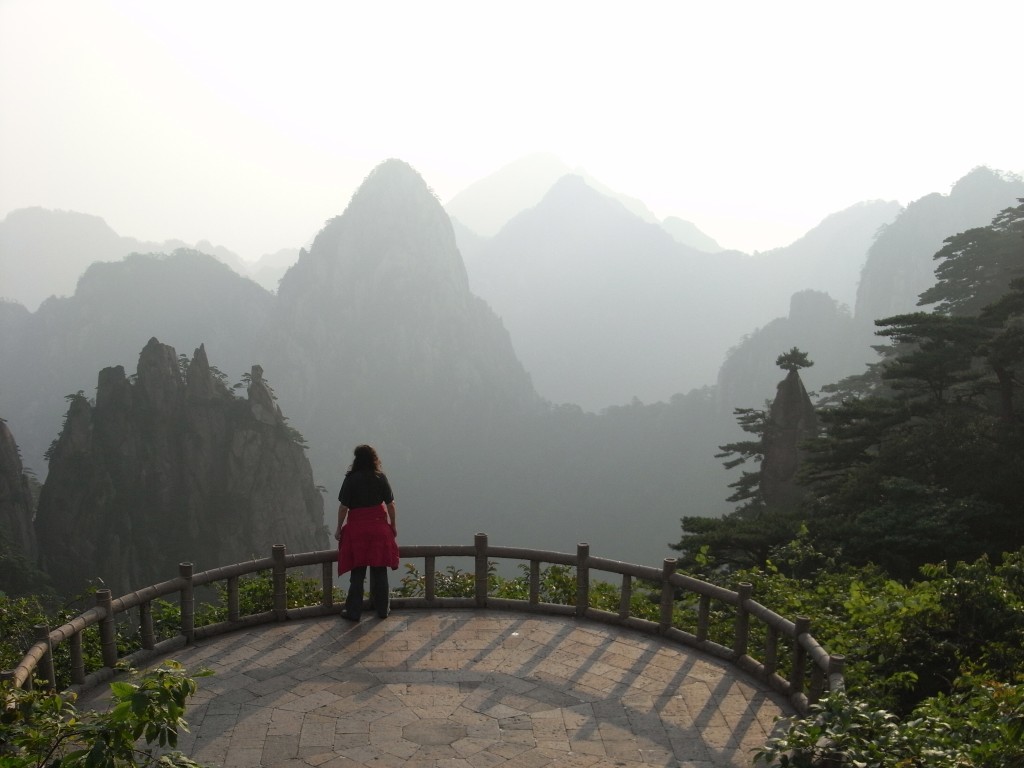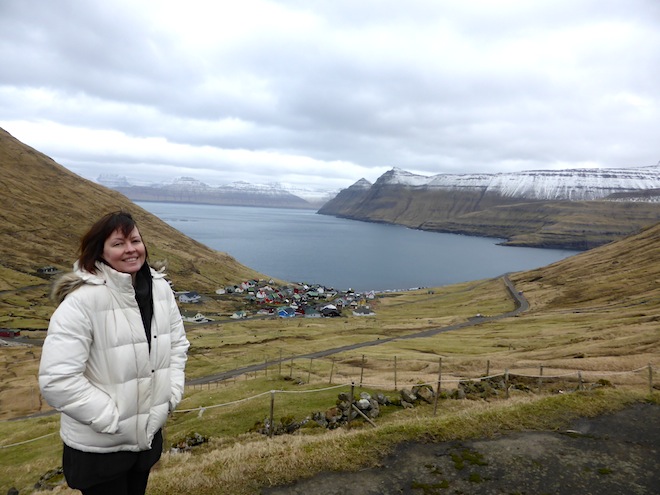
Earlier in March 2014 I revisited the Faroe Islands. This was a practice run for the Total Eclipse of 2015. I wanted to see first hand what the weather would be like, and what challenges needed to be overcome for the eclipse.
Visiting in March reminded me of that Norwegian saying that there is no such thing as bad weather, just inappropriate clothing. The weather was rather changeable – throughout the day there were spells of brilliant sunshine, hail, horizontal rain, blue skies and atmospheric gloom. The weather would change dramatically – often within minutes. Despite this, I was bemused to see that locals just carry on as normal – they continued their daily walks, their after work jogging. People got on with things – they just wrapped up warm and carried on.
Having now seen the weather in March, I am convinced of three things. Firstly, I am confident that we will be able to see SOME of the eclipse. I think we will have to be extremely lucky to have totally clear blue skies on eclipse morning. Being able to see the whole eclipse unfold, from first contact to fourth contact is also unlikely. But I am much more optimistic that we will be able to get a short glimpse of totality having seen the weather. Secondly, the weather was so changeable, in minutes, that I am convinced that the usual strategy of doing a last-minute dash for clear skies does not apply here. The best thing is to find the most suitable location and stick with it as there is no way one can outrun the weather. And finally, I am convinced that the best eclipse experience involves being near to a place of warmth. It is not easy to stand still outside in the weather for any length of time.
I also noticed that same pull towards being in the great outdoors that I felt during my first visit last September. There is something about the islands that compels you to be outdoors – to enjoy all that nature throws at you. I am sure that regardless of the weather, everyone who travels to the Faroes for the eclipse in March 2015 will be spellbound by this magical place. I had brilliant days, a fabulous trip, and I even was able to see a light aurora display.
I did a lot during my March visit – I did radio interviews, gave talks to schools and tourist information groups. I connected with tour guides and hotel owners, to share thoughts about preparing for the eclipse. Because of the outreach I had done, everywhere I went people knew who I was and wanted to talk about the eclipse. I participated in a Citizen Science project along with a fellow eclipse chaser. I scouted out eclipse viewing locations all across the islands. i shared eclipse information with anyone and everyone who wanted to know.
One of the most rewarding things is to be able to share information and excitement about the eclipse to a community of people who are about to experience it. I am delighted that the tour I am arranging also has a very strong community involvement element to it. After many years of creating my own special and unique eclipse travel memories, I am excited to be in a position to provide a memorable eclipse experience for others.
It’s not too late to join me on my Faroe Islands Eclipse Tour with The Independent Traveller – get in touch, or find out more about the Eclipse of 2015.
